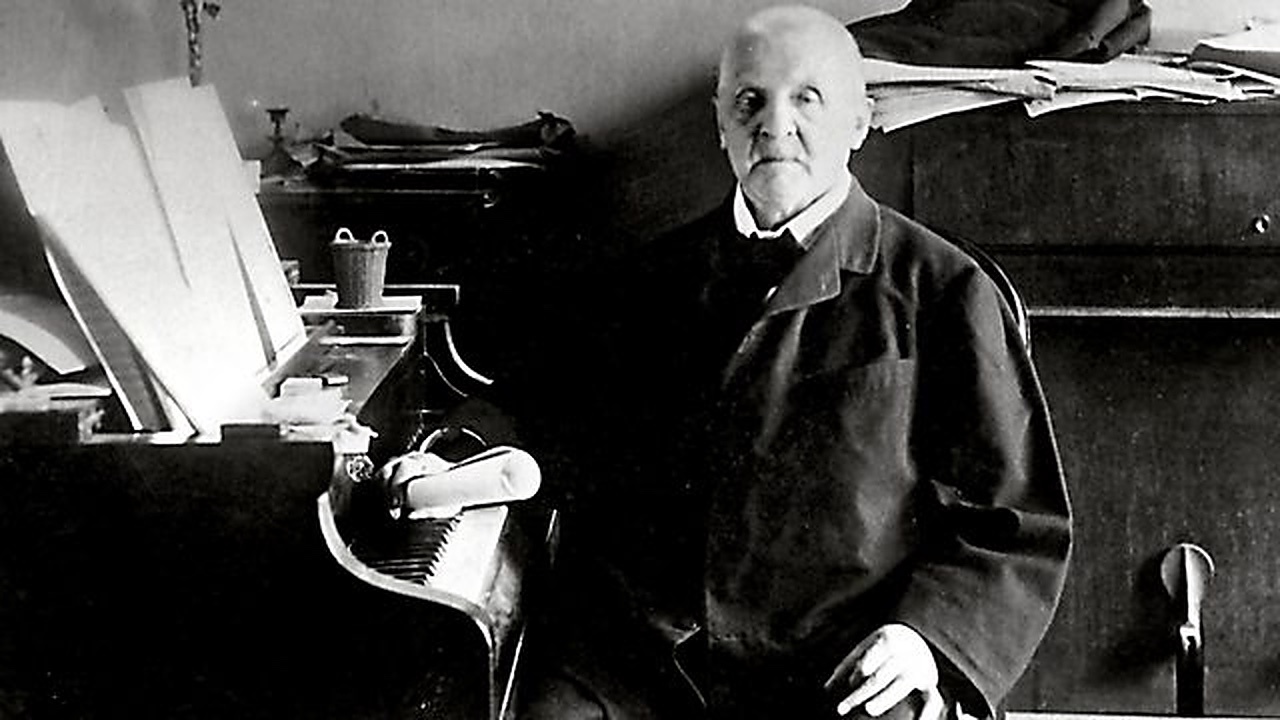Mozart’s Symphony No. 39 in E-flat Major: Majestic and Celebratory
A string of superlatives characterizes the earliest-known audience account of a performance of Mozart’s Symphony No. 39 in E-flat Major. It comes from Iwan Anderwitsch, who attended an all-Mozart memorial concert in Hamburg in March of 1792, a year after the composer’s death: The opening is so majestic that it so surprised even the coldest, most insensitive listener and non-expert, that even if he wanted to chat, it prevented him from being …






